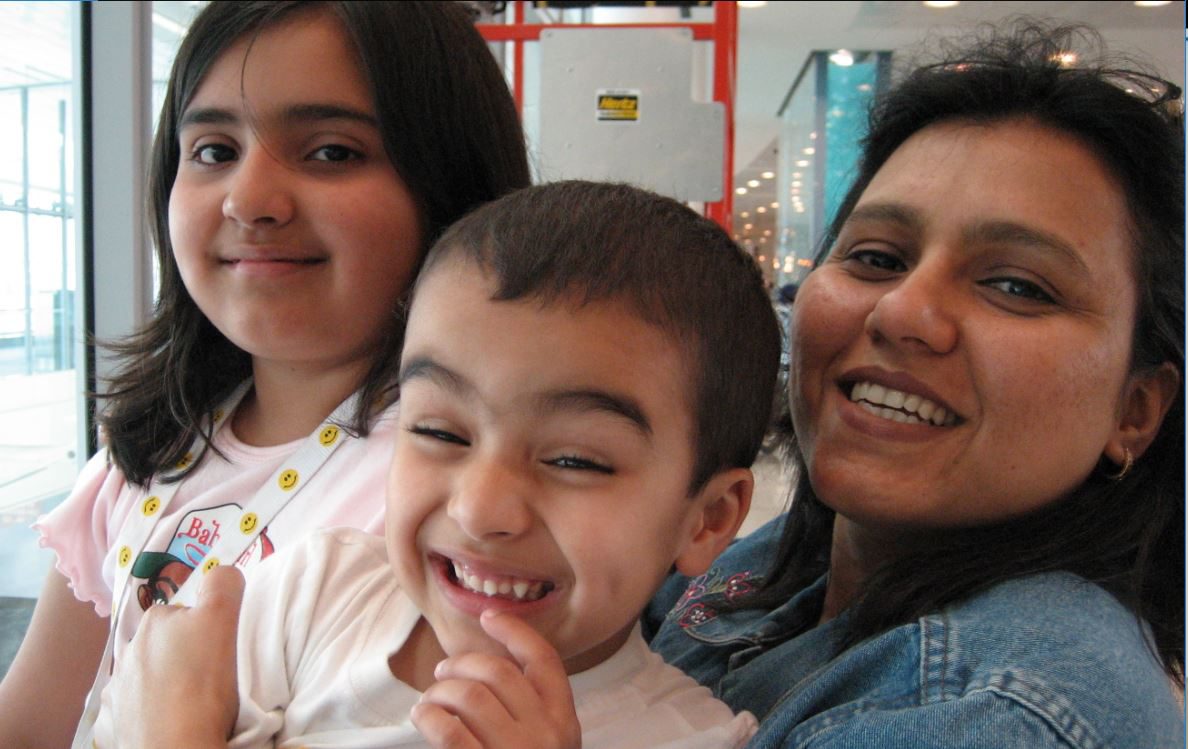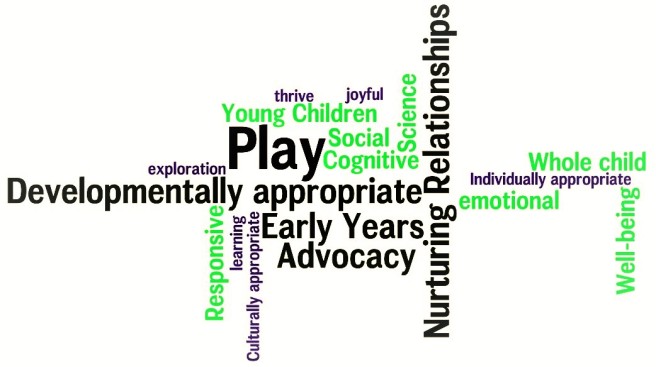 Congratulations everyone! We did it! Thank-you for being with me on this journey. It has been a roller-coaster ride, thrilling and scary at the same time! I have enjoyed learning with and from you all, and wish you the very best as you go ahead on your chosen path.
Congratulations everyone! We did it! Thank-you for being with me on this journey. It has been a roller-coaster ride, thrilling and scary at the same time! I have enjoyed learning with and from you all, and wish you the very best as you go ahead on your chosen path.
I also wish to say a big ‘thank-you’ to Dr. Johnna Darragh Ernst. The past eight weeks have been an amazing learning experience, and I am truly appreciative of your compassionate mentorship, and for your valuable feedback on my work. Thank-you ever so much!
Before I go…
Some deeply felt learnings from this program:
The early years are the most crucial period of a child’s life, and early experiences cast an indelible impact on their future success and well-being. Ensuring that these experiences are nurturing and growth- promoting is the professional, as well as the moral responsibility of early childhood educators.
The role of early childhood educators is not only to prepare children for immediate success, but to also imbue them with a sense of competence, confidence, responsibility, compassion, and respect for others, which is necessary for long-term success and happiness. It will help children lead optimally fulfilling lives, while also empowering them to contribute toward creating societies that are just and respectful, where everyone can thrive and succeed.
Families cast the most immediate and profound impact on the development of young children, and to optimally nurture their young wards, it is important for early childhood professionals to respect their families and build meaningful partnerships with them.
It is important for early childhood educators to not only be compassionate and respectful practitioners, but to also be agents of positive social change. They need to be abreast of the latest developments in their own field, as well as in the intersecting disciplines of science, economics, psychology, and many others that impact the well-being of children and families, so that they work toward bringing in changes that will help the field evolve and meet the changing needs of children and families.
A long-term goal:
I have not one but many long-term goals. I wish to gain a doctorate in Early Childhood Education; write a book; open a school for disadvantaged children in India; and work toward ensuring that all children can access high-quality early childhood education. I sincerely hope that I am able to make a difference in the lives of children and families, and am also able to inspire educators that come after me to be agents of positive social change, who will commit themselves to making this world a better place for young children, and indeed for humanity itself!
Favorite quotes:
“I believe that investing in our children’s development from the earliest age is the single most important contribution we can make” – Jay Weatherhill
“No significant learning occurs without a significant relationship” – James Comer
“In play a child always behaves beyond his average age, above his daily behavior. In play it is as though he were a head taller than himself” – Lev Vygotsky
“It’s not what is poured into a student, but what is planted” – L. Conway
My Wordle illustrating the learning I have acquired in the MSECS program
It’s time now to sign off for the last time. I can always be reached at renuka1.kalra@gmail.com
Thank-you once again! Good-bye and Good luck!

